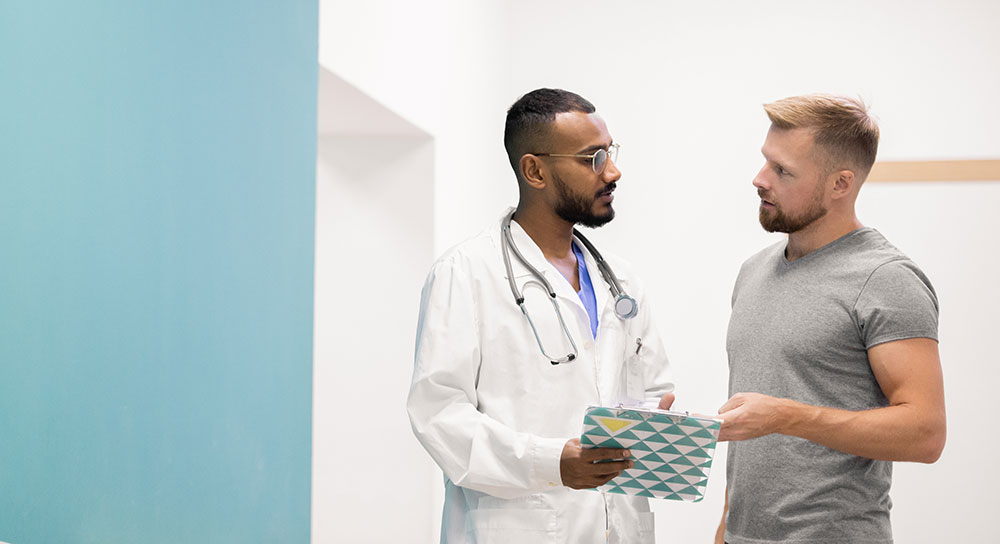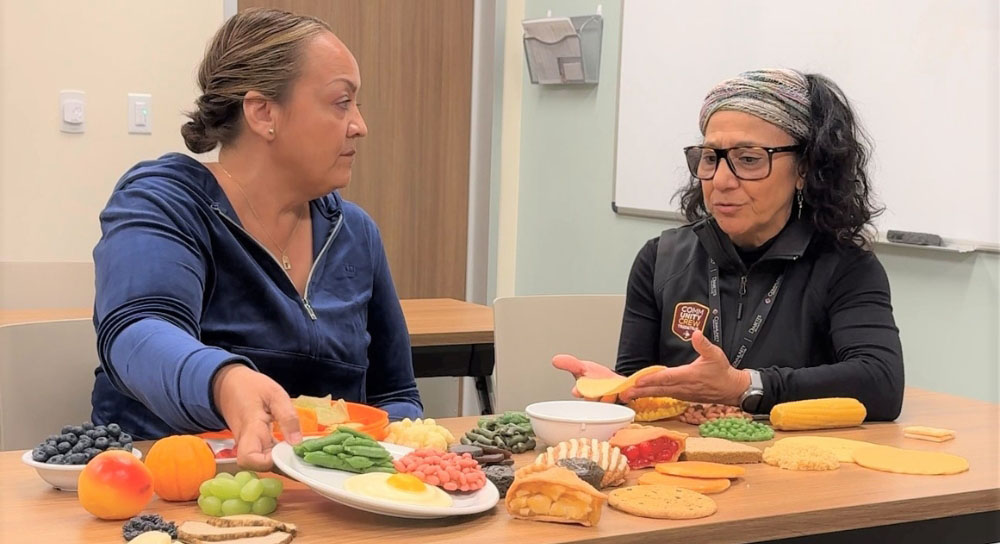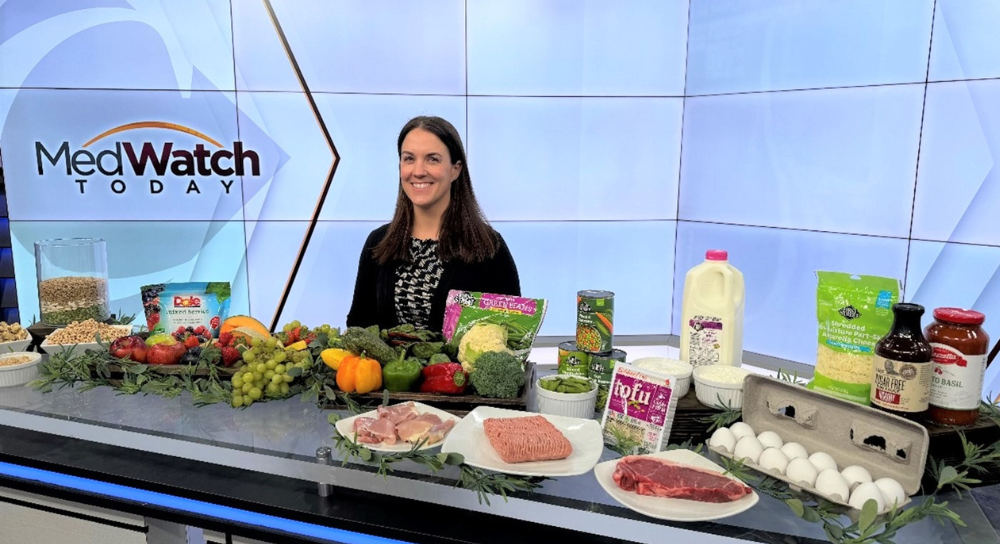Experts aren’t sure why, but there’s been a steady increase in colorectal cancer in younger patients over the last few years, according to the American Cancer Society. Physicians are worried about the trend.
Community Medical Centers’ gastroenterologist Abhishek Gulati says that statistics are alarming and patients need to know they should get screened earlier, especially if they experience symptoms or a family member has had colorectal cancer.
“We’re seeing that almost 10% to 11% of the cases of colorectal cancer happen in people under the age of 50,” Dr. Gulati said. “I’ve seen a lot of the younger patients, even younger than 40 years, who've been diagnosed with colon cancer.”
Gulati says the guidelines for colorectal cancer screenings, implemented in the 1970s, recommend screenings begin at age 50. But statistics tell a different story.
While age isn’t the only factor, a series of other risk factors can help you determine whether you need to be screened earlier. These risk factors include your age, family history and any potential symptoms you might be experiencing.
“Forty is considered to be the new 50 … Genetics plays a big role. We do know if you have family history of colon cancer in a first-degree relative or in multiple second-degree relatives, that's a risk factor,” Dr. Gulati said. “Our Western diet and lifestyle, with being more sedentary, obesity is considered to be a risk factor along with smoking and heavy alcohol consumption. Those are all concerning factors.”
Knowing potential symptoms could save your life
Because the age range for individuals with colon cancer is decreasing, paying attention to other warning signs might save your life. Even though younger ages are now being considered as “at risk,” there’s still hope to decrease the number of people who are affected by colon cancer.
While paying attention to your potential risk factors is important, so are your potential symptoms. The American Cancer Society says one or more of the following symptoms are justification for an exam:
A change in bowel habits, such as diarrhea, constipation, or narrowing of the stool that lasts for more than a few days
A feeling that you need to have a bowel movement that's not relieved by having one
Rectal bleeding with bright red blood, or blood in the stool, which might make the stool look dark brown or black
Cramping or abdominal (belly) pain
Weakness and fatigue
Unintended weight loss
Although patients may be concerned about exams, tests or procedures like a colonoscopy, these preventative care measures could be the difference between life and death.
“Colorectal cancer is one of the most common cancers in the United States, and the good thing is it's preventable,” Gulati said. And if caught early, colon cancer is curable.
Get tested, don’t wait
Although the idea of getting a colon screening may sound taxing or scary, there are multiple options available. The American Cancer Society says the two main differences between screenings is that one is a stool-based test, while the other is a structural exam.
The stool-based test examines your first morning stool for anything abnormal that could suggest cancer. While this type of test is less invasive, it can sometimes be less accurate and would need to be done more frequently.
A structural exam — more often referred to as a colonoscopy — is a procedure where a long thin tube with a camera and light is used to look at the entire length of your colon and rectum. This procedure also allows the doctor to use additional tools to take a biopsy or remove suspicious-looking areas for further examination.
There are many safe and painless options for screening
Dr. Gulati says that although a colonoscopy is more accurate, it may seem intimidating. He reassures, “It's such a safe exam that adverse events are almost never heard of … I can assure the patients and people that it is safe.”
Most patients, however, are more worried about the preparation before a colonoscopy or that it will be painful. While the preparation for a colonoscopy isn’t anyone’s idea of a “fun” time, there are ways to make it more tolerable. For instance, splitting preparation into a two-day time frame to prevent feeling overwhelmed with the amount of liquids consumed. Because colonoscopies are performed under sedation, pain isn’t really a factor as patients don’t feel effects of the procedure taking place.
At the end of the day, any form of screening or check-in with your doctor over potential areas of concern is better than nothing. As Dr. Gulati said, “The best screening test is the one that gets done.”






